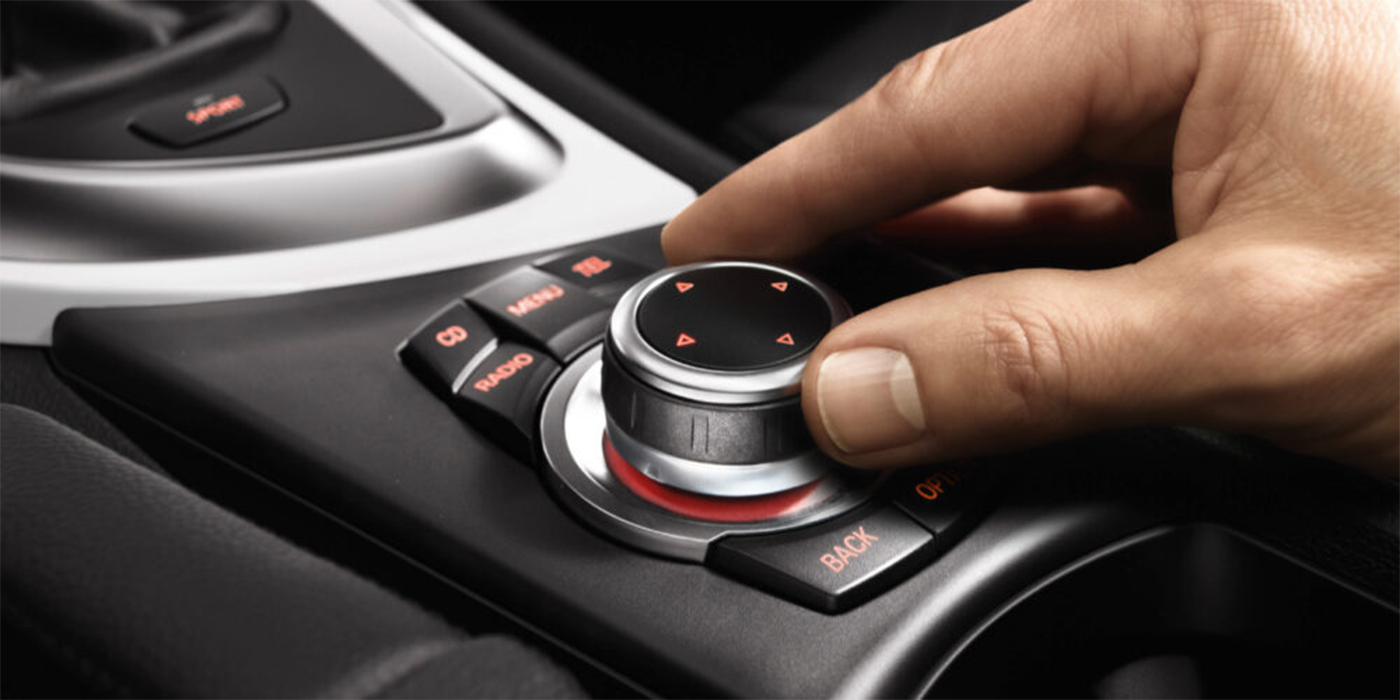By Mark J. Claypool
OMG! It’s about time there’s an article about Millennials
(also known as Generation Y) and how they use the Internet.
Millennials were born between 1980 and 2000, and there are more than 79 million
of them in the U.S. Got any of them coming into your shop? Of course you do.
And here’s a hint…they’re different!
Throw Out Tradition
Traditional ways of communicating, marketing and advertising will likely go
unnoticed by the vast majority of this generation, so you need to do things
differently. They were the first generation to grow up with digital
communications as the norm. Ever see a three-year-old with an iPad? That was
them first. Understanding the way those under-34 people interact online can
help you build a loyal customer base during the early years of their driving
lives.
Me-Me-Me
In May 2013, Time wrote an article titled “The Me Me Me Generation” that
stated, “They’re narcissistic. They’re lazy. They’re coddled. They’re even a
bit delusional. Those aren’t just unfounded negative stereotypes about nearly
80 million Americans. They’re backed up by a decade of sociological research.”
On the positive side, Millenials are open-minded, exude confidence, express
themselves well, upbeat and willing to consider new ideas and new ways of
living. They aren’t into big houses or flashy cars. They’re the largest
generation on the planet and have more spending power than any other generation
in history. And they don’t trust your traditional advertising (only 6 percent
trust online advertising).
Trust
So who/what do Millenials trust? Their friends, social media: 98 percent of
them will engage a friend’s post on social media rather than a brand’s post.
That can be misleading if you don’t understand what’s behind this number. When
someone likes, comments or shares something related to an experience they’ve
had with a business, it shows up on newsfeeds their friends see. More than 50
percent of Gen Y can be expected to engage with friends’ posts at least one
time each day. If they tweet about their experience (Gen Y uses Twitter more
than any other generation), their friends see it. Same for Google+
and Facebook.
Ninety-five percent of millennials point to their friends as the most credible
source of product/service information, and 91 percent indicate they would
consider purchasing a product or service based off a friend recommending it.
Turn that around: What if they have a poor experience? Millennial friends don’t
let their friends drive uninformed.
Instant communication, engagement and participation are fast enough for these
young people. Studies have shown that seven out of 10 millennials feel a sense
of duty to share feedback about companies they’ve done business with, good or
bad. Are you ready for that? Are you taking advantage of that?
If you can increase Millennials’ engagement with your social media sites, get
them to follow you, like you, add you to their Google+ circles and talk about
their experience with you, you win. If you can get them to continually engage
with your social media sites, that’s a bonus. But that means you must regularly
post things of interest and seek participation in the conversation.
Don’t Be An Interruption
You must not be an interruption in Millennials’ daily online lives. You must be
what they’re interested in or they won’t care. As a 24-year-old female told us,
“Your brand is either working with me, or you’re working against me.”
Don’t approach it as promoting yourself so much as wanting to talk with
Millennials, hear them and give their voice a place of importance. Remember,
this generation got trophies simply for participating on their soccer teams,
not necessarily for achievement. They want to participate with you. And since
they aren’t that into cars, why are so many body shops posting nothing more
than automotive-related stuff on their social media sites? Before-and-after
photos, cool new cars, etc. Some is fine, but if that’s all you’re posting, you’re
missing the boat.
Millennials’ life source seems to be their smartphones, and they’re on them
more than two hours per day on average. Check out the graphic to the right to
see how they use their phones during those two-plus hours.
Pay it forward to Millennials socially and you’ll win their hearts, especially
if you continue to do so repeatedly. Support causes they’re concerned
about, get their participation and you’ll have a great chance of earning their
trust, and their business, for life. But be genuine. A phony effort will be
transparent, and then you’ll have these instant communicators all over your
brand, negatively, and could lose them and their BFFs for life.
Mark Claypool has spent 30-plus
years in workforce development, apprenticeships, marketing and Web presence
management with SkillsUSA, the I-CAR Education Foundation, Mentors at Work,
Veri-Facts Automotive and the NABC. He’s the CEO of Optima Automotive (www.optimaautomotive.com), which provides
website design, SEO services and social media management services.
Article courtesy of BODYSHOP
BUSINESS.













